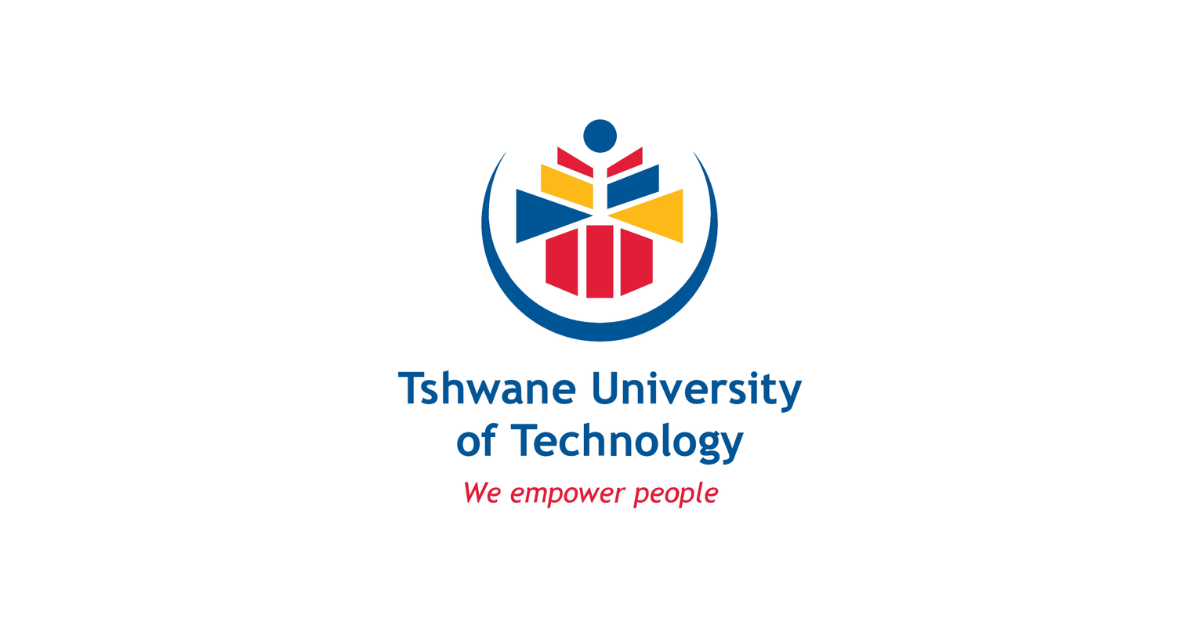The Faculty of Law at the University of Pretoria (UP) is one of South Africa’s premier institutions for legal education and research. Renowned for academic excellence, innovative teaching, and a strong commitment to social justice, UP’s Faculty of Law equips students with the knowledge, skills, and values needed to excel in the legal profession and beyond.
This article provides a comprehensive overview of the law courses offered by UP, including categories of courses, qualifications, admission requirements, and the application process.
Categories of Courses
The Faculty of Law at UP offers a wide range of programs catering to aspiring legal practitioners, academics, and researchers. These programs address local and international legal challenges, preparing students to thrive in diverse legal environments.
1. Undergraduate Programmes
Bachelor of Laws (LLB)
The LLB is the foundational qualification for legal practitioners in South Africa. It is a four-year program designed to equip students with a comprehensive understanding of South African law, legal systems, and critical thinking skills.
- Core Areas: Constitutional law, criminal law, property law, contract law, and administrative law.
- Practical Training: Includes moot court sessions, legal writing, and experiential learning opportunities.
2. Postgraduate Programmes
UP’s postgraduate law programs cater to advanced academic study and specialization in various fields of law.
Honours Degrees
- BCom Honours in Taxation Law: Ideal for individuals looking to specialize in the intricacies of tax law and policy.
Master’s Degrees (LLM)
The LLM programs offer a chance to delve deeper into specific areas of law. Options include:
- LLM in Constitutional and Administrative Law
- LLM in Human Rights and Democratisation in Africa
- LLM in Environmental Law
- LLM in International Trade and Investment Law
- LLM in Corporate Law
Doctoral Degrees (LLD and PhD)
The doctoral programs focus on producing original research and contribute significantly to legal scholarship.
- Doctor of Laws (LLD): Research-intensive program for advanced legal theorists and practitioners.
- PhD in Law: Aimed at interdisciplinary research linking law with other fields such as economics, political science, and technology.
3. Short Courses and Continuing Education
UP offers short courses tailored to legal practitioners and non-lawyers seeking to enhance their legal knowledge.
- Advanced Short Course in Corporate Governance
- Basic Principles of Labour Law
- Introduction to Cyber Law
- Human Rights Advocacy
These courses are often conducted through the university’s Centre for Human Rights or other specialized departments.
Qualifications
1. Undergraduate Qualifications
- LLB (Bachelor of Laws): A core qualification for legal practice in South Africa.
- BCom Law: Combines legal and business studies, offering foundational knowledge of law with a focus on commerce.
- BA Law: Focuses on the integration of law with social sciences, ideal for students interested in areas such as human rights and public policy.
2. Postgraduate Qualifications
- LLM (Master of Laws): Advanced specialization in diverse areas of legal practice.
- LLD/PhD: Focused on original research and academic contribution.
3. Professional Development
Short courses offer qualifications for professionals looking to enhance their expertise in specific areas without committing to full-time study.
Course Requirements
1. Undergraduate Admission Requirements
- National Senior Certificate (NSC): With university endorsement.
- Minimum Admission Point Score (APS):
- LLB: An APS of at least 32 is typically required.
- BA Law or BCom Law: APS requirements range from 30-34.
- Subjects:
- English: Minimum of 60-70%, as language proficiency is critical for legal studies.
- Mathematics or Mathematical Literacy: Business-related courses may require basic mathematics.
2. Postgraduate Admission Requirements
- Honours Programmes:
- A relevant bachelor’s degree with a strong academic record (usually a minimum of 65% average).
- Master’s Programmes (LLM):
- An LLB degree or equivalent qualification.
- Submission of a research proposal for certain specializations.
- Doctoral Programmes (LLD/PhD):
- A master’s degree in law or equivalent qualification.
- A detailed research proposal aligned with the faculty’s focus areas.
3. Short Courses
- Professional Experience: Many short courses are open to professionals with relevant experience, regardless of formal qualifications.
How to Apply
1. Research the Programmes
Visit the University of Pretoria Faculty of Law website to explore available programs, admission requirements, and deadlines.
2. Prepare Application Documents
Applicants should prepare the following:
- Certified copies of academic transcripts and certificates.
- A personal statement or motivation letter (for postgraduate and some undergraduate courses).
- A detailed CV highlighting relevant experience (for professional programs).
- Proof of English proficiency for non-native speakers (e.g., IELTS, TOEFL).
3. Online Application
- Log in to the UP online application portal.
- Complete the application form, upload the required documents, and pay the application fee.
- Ensure the application is submitted before the deadline.
4. Selection Process
Applications are reviewed based on academic performance and program-specific criteria. For postgraduate programs, interviews or written assessments may be required.
5. Registration and Orientation
Accepted candidates will receive an offer letter and instructions for registration. Orientation sessions are held to familiarise students with the faculty and resources.
Why Choose the University of Pretoria for Law?
1. Academic Excellence
UP’s Faculty of Law is consistently ranked among the top law schools in Africa, providing world-class education and research opportunities.
2. Innovative Learning Environment
Students benefit from state-of-the-art facilities, moot courts, and digital resources that simulate real-world legal scenarios.
3. Global Recognition
UP is known for its strong international collaborations and research contributions, ensuring graduates are well-prepared for global legal challenges.
4. Focus on Social Justice
Through its Centre for Human Rights, the faculty emphasizes the importance of legal frameworks in promoting equality, dignity, and social justice.
5. Diverse Career Opportunities
Graduates find opportunities in corporate law, human rights advocacy, government policy, academia, and international organizations.
Conclusion
The Faculty of Law at the University of Pretoria is a beacon of excellence, offering comprehensive legal education and fostering a commitment to ethical practice and social justice. Whether you aim to be a legal practitioner, policymaker, or academic, UP provides the knowledge, skills, and resources necessary for success in the legal field.
For further details or to begin your application, visit the University of Pretoria Faculty of Law website.



